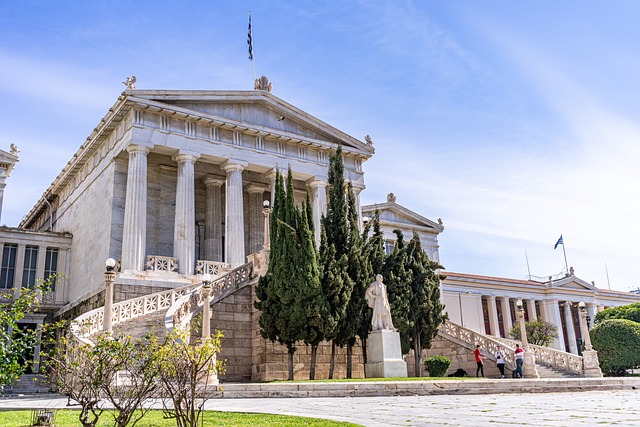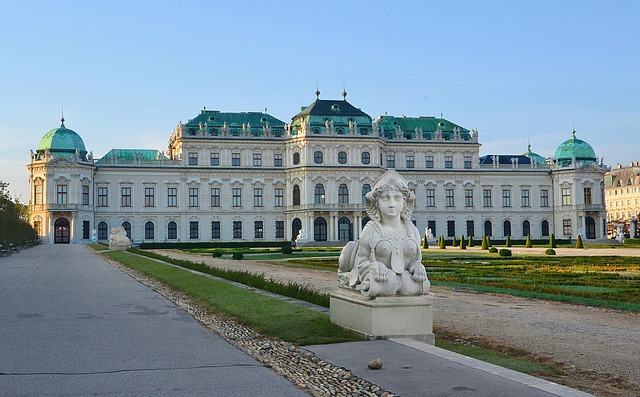Founded in 1873, the University of Oregon has been a pivotal force in transforming Eugene, Oregon from a small town to a vibrant cultural hub. Its presence sparked significant urban development, cultural evolution, and economic growth, leaving an indelible mark on the city's landscape through landmarks and rich history. The university continues to shape Eugene's identity, fostering arts, innovation, and intellectual discourse while attracting global visitors with its festivals, museums, and music scenes, solidifying its reputation as a culturally rich and historically fascinating destination.
“The University of Oregon, founded in the heart of what would become Eugene, has left an indelible mark on the city’s identity and growth. This institution, established amidst the city’s humble beginnings, has propelled Eugene into a vibrant hub of urban development and economic prosperity. Beyond its academic prowess, the university has shaped the cultural landscape, transportation networks, and historical landmarks that define modern-day Eugene. Explore the profound impact of this educational pioneer on the city’s evolution.”
- Eugene Founding History and the Establishment of the University of Oregon
- The University's Impact on Eugene's Urban Development and Economic Growth
- Cultural Evolution, Transportation History, and Historical Landmarks: A Legacy of the University of Oregon in Eugene
Eugene Founding History and the Establishment of the University of Oregon

Eugene, Oregon’s vibrant city, boasts a rich history intertwined with the foundation of the University of Oregon. Founded in 1873, the university played a pivotal role in shaping the young town’s identity and future trajectory. The establishment of the academic institution was a game-changer for Eugene, sparking urban development and cultural evolution. As one delves into the past, it becomes evident that the university’s impact extended far beyond the classroom, leaving an indelible mark on the city’s landscape and transportation history.
The arrival of the University of Oregon catalyzed the growth of what was once a small, relatively isolated settlement. It attracted scholars, students, and intellectuals from diverse backgrounds, fostering an intellectual environment that contributed to Eugene’s cultural evolution. The university also influenced urban development through its architectural landmarks, many of which still stand today as testaments to its historical significance. These buildings not only serve as educational hubs but also as iconic symbols of the city’s heritage, drawing visitors and contributing to Eugene’s reputation as a culturally rich and historically fascinating destination.
The University's Impact on Eugene's Urban Development and Economic Growth

The University of Oregon has played a pivotal role in shaping Eugene’s urban landscape and fostering its economic growth since its founding in 1873. The institution’s presence has significantly influenced the city’s development, transforming it from a small agricultural town into a vibrant cultural hub. As Eugene’s population grew alongside the university, so did the demand for infrastructure and amenities, leading to significant advancements in urban planning and transportation.
The campus itself serves as a central landmark, attracting students and visitors alike and contributing to the city’s lively atmosphere. Over time, the University of Oregon has spurred economic diversification, with its research initiatives and academic programs fostering innovation and entrepreneurship. This intellectual ecosystem has not only enriched Eugene’s cultural evolution but also positioned it as a desirable destination for businesses, leading to a thriving local economy centered around education, technology, and the arts.
Cultural Evolution, Transportation History, and Historical Landmarks: A Legacy of the University of Oregon in Eugene

The University of Oregon has played a pivotal role in shaping the cultural evolution and urban development of Eugene since its founding in 1873. The institution’s impact extends far beyond academics, deeply ingraining itself in the city’s history and identity. Eugene’s cultural fabric has been significantly influenced by the university’s presence, fostering an environment that values arts, innovation, and intellectual discourse. This vibrant tapestry is evident in the city’s diverse festivals, world-class museums, and thriving local music scene, all of which attract visitors from around the globe.
Transportation history in Eugene is also intertwined with the University of Oregon. The arrival of railroads in the late 19th century connected the region to broader markets, facilitating the growth of both the university and the city. Today, Eugene’s strategic location along major highways and its proximity to Portland International Airport have contributed to its status as a bustling hub. Historical landmarks dotting the city, such as the historic buildings on the university campus, serve as reminders of Eugene’s rich past while also highlighting the forward-thinking spirit that has characterized its development since its founding days.














